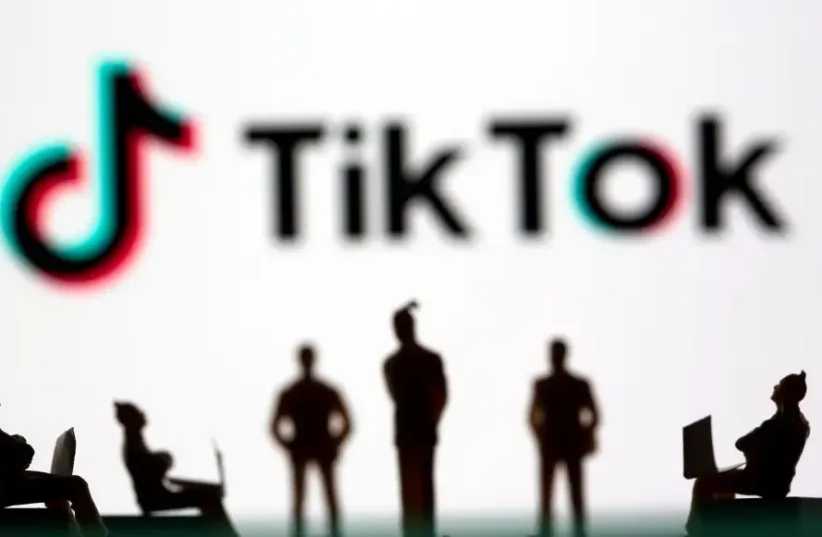Tiktok is on its way to being blocked in the US: The US Senate voted by a large margin late Tuesday in favor of legislation that would ban the Chinese app Tiktok from operating in the United States if its owner, the Chinese technology company ByteDance, fails to sell the popular short video app within a year.
The move follows widespread concern among American lawmakers that China could access or monitor the data of US residents through the app. The bill was passed by the US House of Representatives on Saturday and President Joe Biden is expected to sign it today (Wednesday).
"For years we allowed the Chinese Communist Party to control one of the most popular apps in America which was dangerously short-sighted," said Senator Marco Rubio, the top Republican on the Intelligence Committee, "A new law will require its Chinese owner to sell the app. It's a good move for America."
The Chinese Foreign Ministry previously referred to the intent of the legislation and criticized it, claiming: "The United States has never found evidence that Tiktok is a threat to the national security of Americans who have never stopped using Tiktok."
The four-year battle over TikTok, which is used by 170 million people in the United States, is just one front in the war over the Internet and technology between Washington and Beijing. Last week, Apple said that Beijing had ordered it to remove the platforms of Meta, WhatsApp and Threads from its app store in China, following the national security concerns of the communist regime in Beijing.
TikTok is expected to challenge the bill on the grounds of the "First Amendment" which guarantees freedom of speech, religious worship, the press and freedom of assembly, and TikTok users are also expected to take legal action again. A US judge in Montana in November blocked the state's ban on TikTok, citing freedom of speech. The American Civil Liberties Union said that banning or demanding a takedown of TikTok "would set an alarming global precedent for excessive government control of social media platforms. States."
TikTok continues to maintain that it has not and will not share US user data with the Chinese government, and has told employees that it will quickly go to court to try to block the legislation. "This is the beginning, not the end, of this long process," a TikTok executive told staff last Saturday , Reuters news agency reported.
In yesterday's debate, the Senate voted 79 to 18 against in favor of the bill, which was attached to a measure to provide military aid of 95 billion dollars mainly to Ukraine, Israel and Taiwan. Tiktok's sell order was quickly approved after it was introduced a few weeks ago.
The bill would also give the White House new tools to ban or force the sale of other foreign-owned apps it considers security threats. Once the bill is signed into law, ByteDance will have 270 days to sell TikTok's US operations with a possible three-month extension if there are signs the deal is moving forward.
Democratic Sen. Ed Markey said it would be difficult, if not impossible, for ByteDance to sell the company by early 2025, adding that a sale would be one of the most complex and expensive deals in history, requiring months if not years of due diligence. "We need to be very clear about the likely outcome of this law. It's really just a TikTok ban," he said. "Censorship is not who we are as a people. We should not downplay or deny this compromise." The bill could also be an issue in November's presidential campaign, with Republican presidential candidate Trump urging young voters to consider a possible ban on TikTok.
